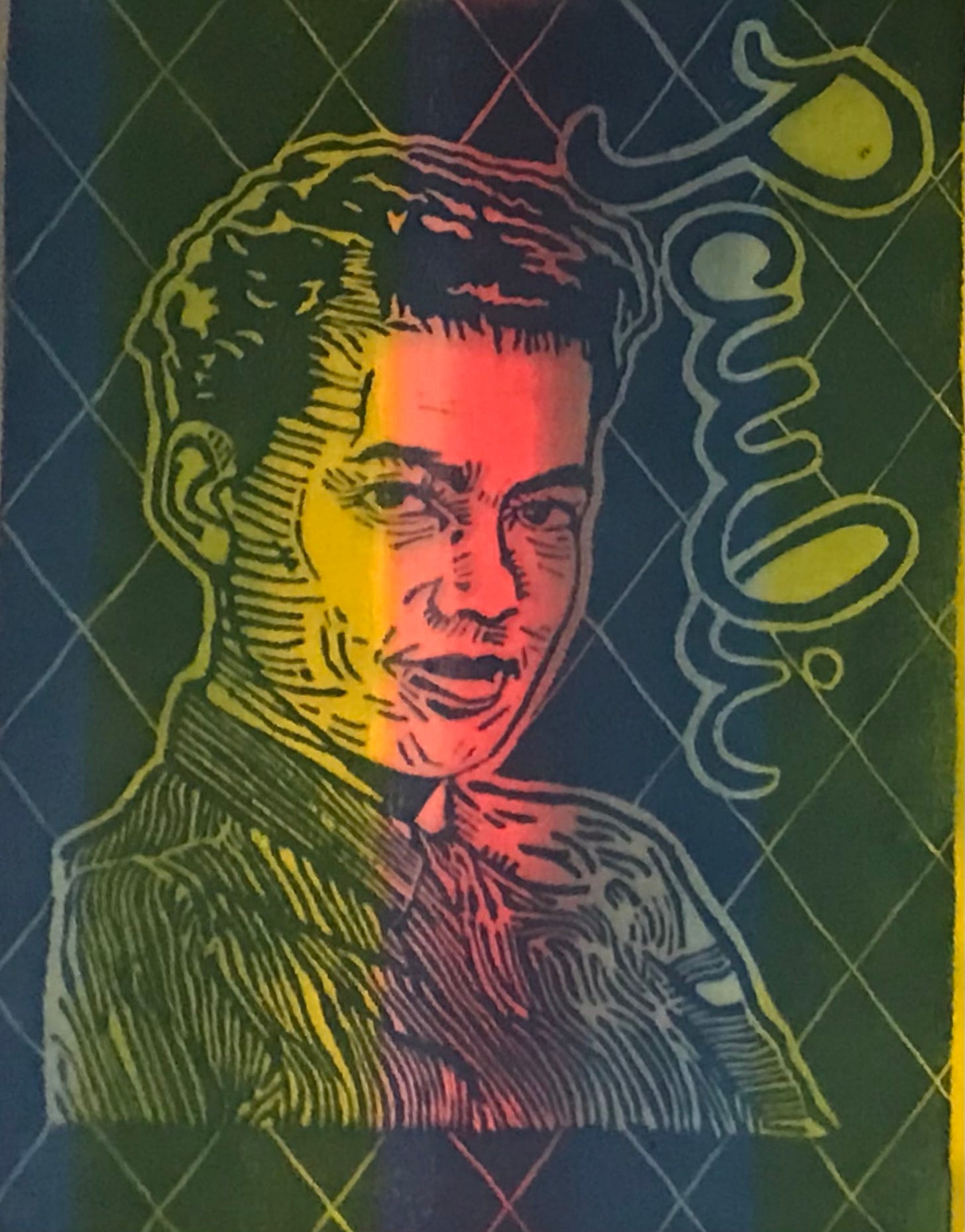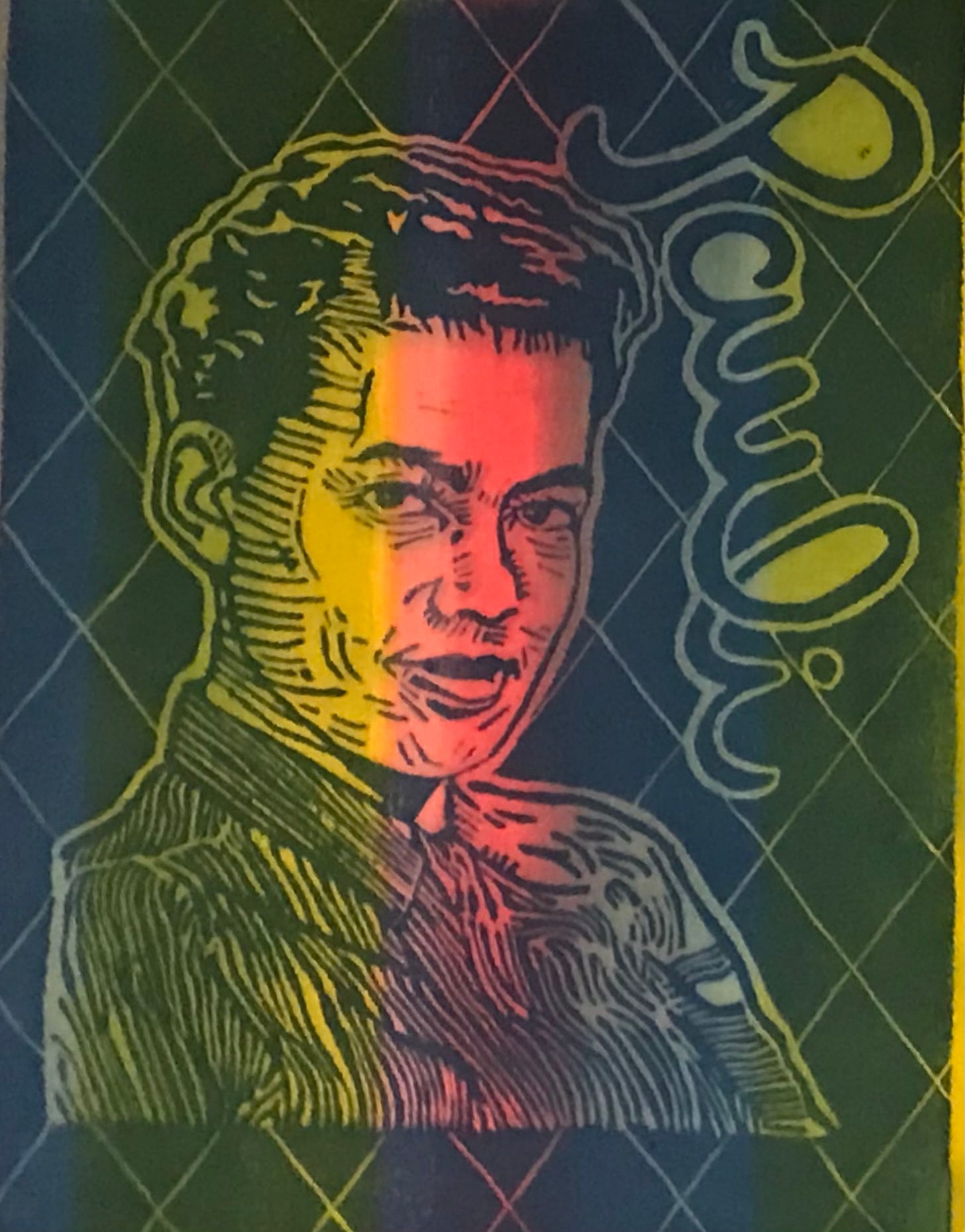Pauli Murray
November 20, 1910 – July 1, 1985
Reverend Pauli Murray was an American civil rights activist, women’s rights activist, lawyer, Episcopal priest and author. Drawn to the ministry, in 1977 Murray became the first Black female-assigned-at-birth person to be ordained as an Episcopal priest.
Although acknowledging the term homosexual in describing others, Murray understood his identity as a heterosexual man, attracted to heterosexual women, rather than as a Lesbian. In the 1940′s, Murray was among the first to pursue hormone replacement therapy. They also sought to have an abdominal surgery to check for evidence that he is male. Still, Murray continued to strongly identify with women socially and politically, and to pursue women’s rights.
Born in Baltimore, Maryland, Murray grew up in Durham, North Carolina. At the age of sixteen, they moved to New York to attend Hunter College, graduating with a Bachelor of Arts degree in English in 1933. In 1940, Murray was arrested for breaking segregation laws (Jim Crow), by sitting in the whites-only section of a Virginia bus. To the arresting officer they identify themselves as “Oliver”. This incident, and Murray’s subsequent involvement with the socialist Workers’ Defense League, led to a career goal as a civil rights lawyer.
Murray enrolled in the law school of Howard University, where they also became aware of sexism, calling it "Jane Crow”. They graduated first in their class, but was denied the chance to do post-graduate work at Harvard University because of gender discrimination. They went on to earn a master’s in law at University of California, Berkeley, and in 1965 became the first African American to receive a Doctor of Juridical Science degree from Yale Law School.
As a lawyer, Murray helped invent sex discrimination as a category of law, argued for civil and women’s rights, and published a book “States’ Laws on Race and Color”, nicknamed the “bible” of the civil rights movement. They also served on the 1961 Presidential Commission on the Status of Women and in 1966 was a co-founder of the National Organization for Women. They held faculty or administrative positions at the Ghana School of Law, Benedict College, and Brandeis University.
In addition to Pauli’s legal and advocacy work, they published two autobiographies and a volume of poetry.
(sources: Wikipedia, Representing the Race by Kenneth Mack, “Jane Crow: The Life of Pauli Murray” by Rosalind Rosenberg, the Pauli Murray Project





